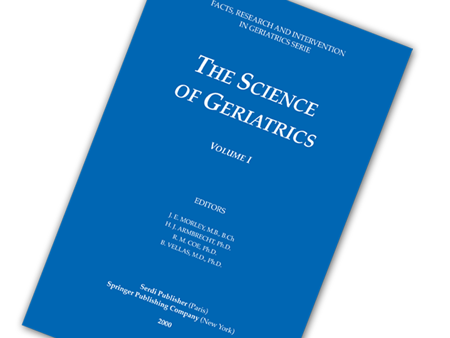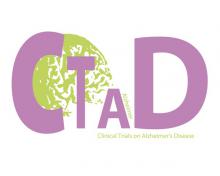The intestinal microbiota is a key regulator of metabolic and immunological functions. The team of Bárcena and al. studied the role of the gut microbiota in the aging process and the physiopathology of Progeria (or Hutchinson-Gilford syndrome, characterized by accelerated aging).
First, they used metagenomic studies to characterize the composition of the intestinal microbiota: using two mouse models of progeria. They compared the microbiome of these mice of different ages (1 month, 4 months, and 22 months) with the Wild-Type (WT) mice microbiome. They showed that progeria induces intestinal dysbiosis characterized by an abundance of Proteobacteria and Cyanobacteria microorganisms, and a decrease in Verrucomicrobia. In parallel, the intestinal microbiota of individuals with progeria has been studied and it shows intestinal dysbiosis.
In order to study the effect of gut microbiota on progeria and aging, the researchers transplanted fecal microbiota from healthy mice into progeria mice. In both progeria mouse models, they observed that transplantation of fecal microbiota from WT mice increases the lifespan of progeria mice and attenuates the usual accelerated-aging-phenotype. In order to evaluate the pathogenicity of the microbiota from progeria mice; they transplanted WT mice with fecal microbiota from progeria mice. This did not drive to progeria disease; nevertheless, they observed significant metabolic alterations in these mice.
At human level, the researchers studied fecal samples from 4 children with progeria and their siblings. When these fecal samples were compared by geographical location, different microbial diversity clusters were observed quantitatively and qualitatively. It seems that the environment has a major impact on microbial diversity and possibly on aging mechanisms. The next hypothesis whas that “healthy” centennial individuals have a microbiome that supports healthy aging. By metagenomic analysis, they showed that these centenarians had a different microbial profile: less Betaproteobacteira, and more Synergistia and Verrucomicrobiae.
The murine and humans results both show a decrease in Akkermansia muciniphila (Verrucomicrobia) during progeria, and an increase of this microorganism in centenarians. The researchers studied the involvement of this microorganism. They supplemented progeria mice with A. muciniphila by gavage. This increased the lifespan of mice with progeria, suggesting a protective role of this microorganism during aging.
This study opens an important line of research on the therapeutic use of intestinal microbiome to improve aging. In addition, the supplementation with A. muciniphila in the context of progeria must be interesting to study more.
(1) Bárcena C., Valdés-Mas R., Mayoral P., Garabaya C., Durand S., Rodríguez F., Fernandez-García M.T., Salazar N., Nogacka A.M., Garatachea N. et al. (2019). Healthspan and lifespan extension by fecal microbiota transplantation into progeroid mice. Nat. Med.



